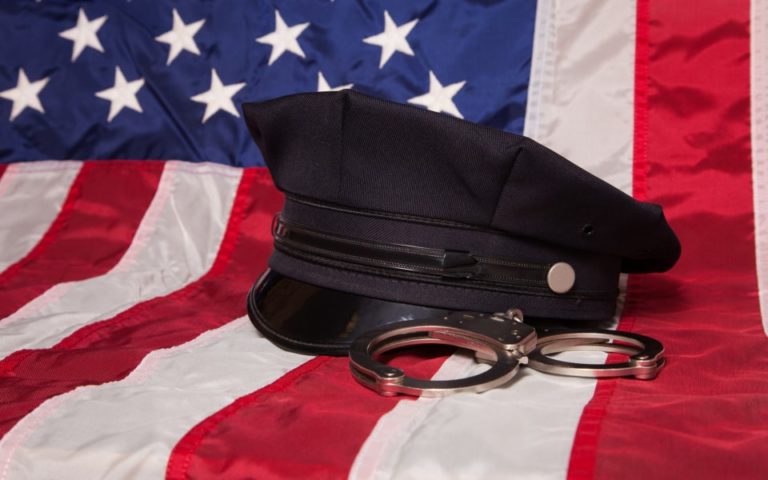Restoring Police Prestige and Reputation
America’s police officers are some of the finest men and women in the country. Those of us who respect and revere law enforcement officers understand that. But the unfortunate reality is that police officers face growing public scrutiny and backlash. In short, there is a negative reputation of police officers in much of American society. As a result of police losing respect, the dangers of policing have increased significantly. The proof is in the numbers. In 2017, 134 officers were killed in the line of duty, 85 of whom died as a result of criminal gunfire or assault. Unfortunately, 2018 is shaping up to be just as bad. In the first three months of 2018 alone 35 police officers have been killed in the line of duty, most of whom died from criminal gunfire.[1]
There can be no mistaking the fact that police officers are under assault. Sensationalized media coverage, the rise of anti-police groups, and opportunistic politicians have all contributed to the rising tensions between police and the communities they serve. In short, law enforcement issues have become politicized.
These growing problems are precisely why the National Police Support Fund was formed. Our mission is to educate the public on issues affecting law-enforcement and to counter the growing anti-police culture in the United States. The following pages seek to do just that. In the coming weeks, we will highlight five key law enforcement issues that we hope will give the public a better understanding of the challenges facing the law enforcement community in America today, namely:
- Funding for Officer Safety Gear
- Police Use of Crime-stopping and Deterrent Technologies
- Electing Strong Judges and Criminal Justice Officials
- Combating the American Drug Epidemic
- Fixing America’s Police Shortage
In order to restore a national culture of respect for police, citizens must understand the challenges officers face today. By highlighting these important issues in the coming weeks, we hope to start a real conversation about law enforcement and public policy.








